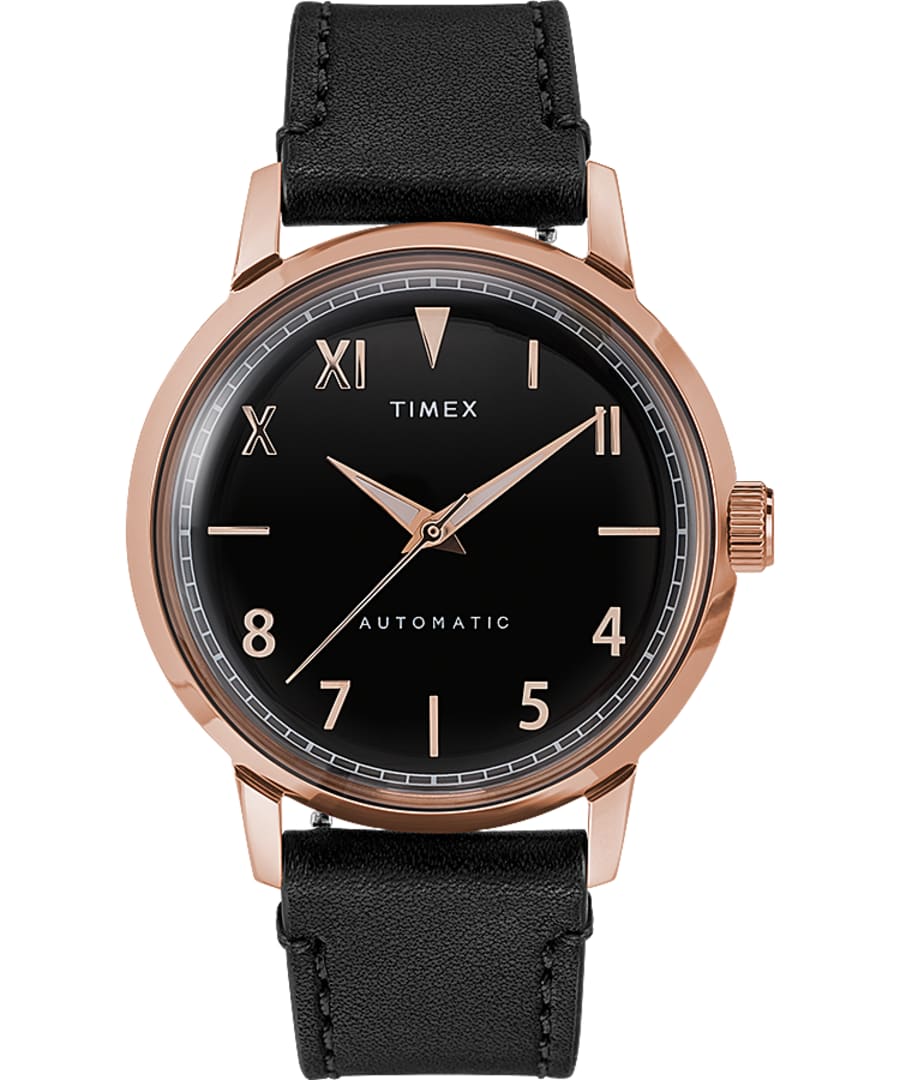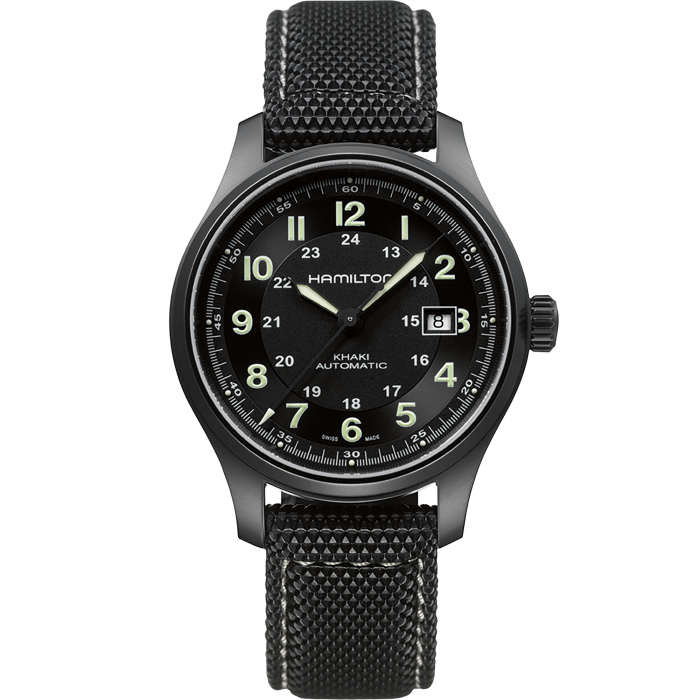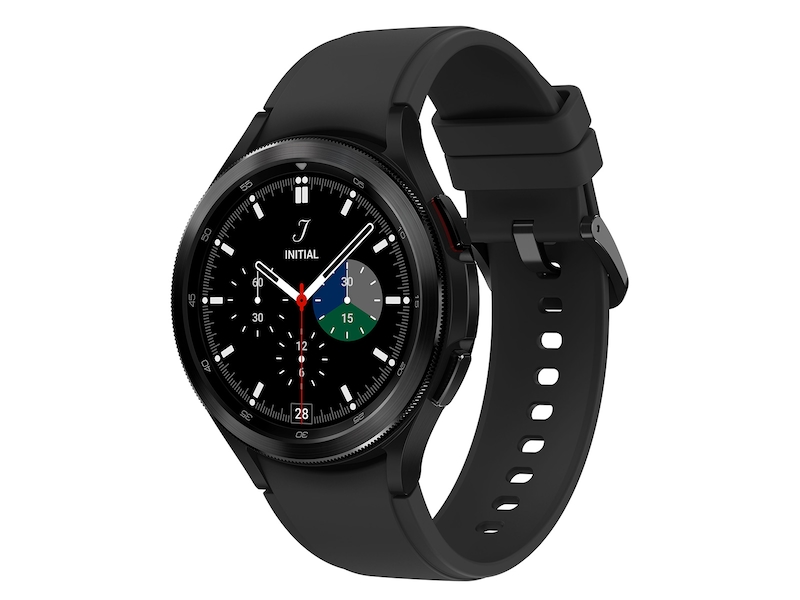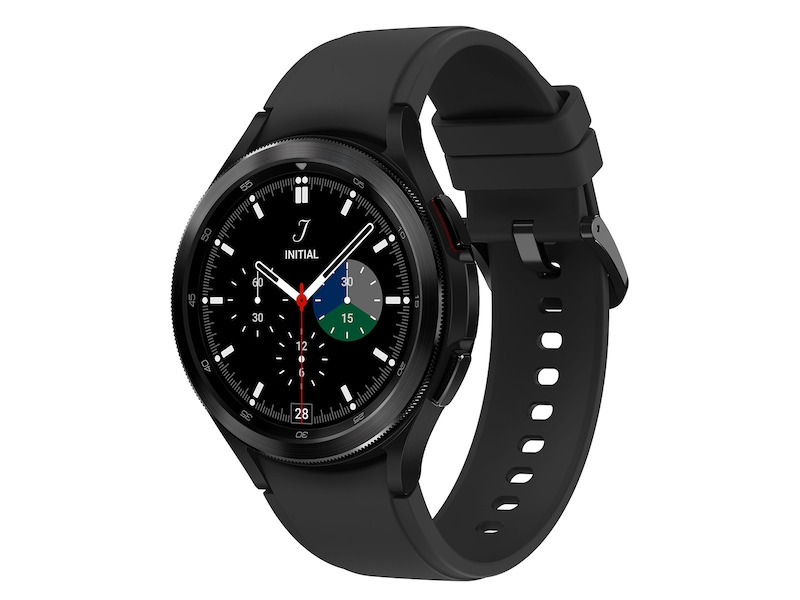J.Crew: Marathon Watch Company™ X J.Crew Pilot’s Navigator With Date Watch For Men
Marathon Watch Company has been building precision Swiss-made military timepieces since 1939. Today, modern-day engineering and craftsmanship result in some of the world’s highest-quality watches.





Reviews
There are no reviews yet.